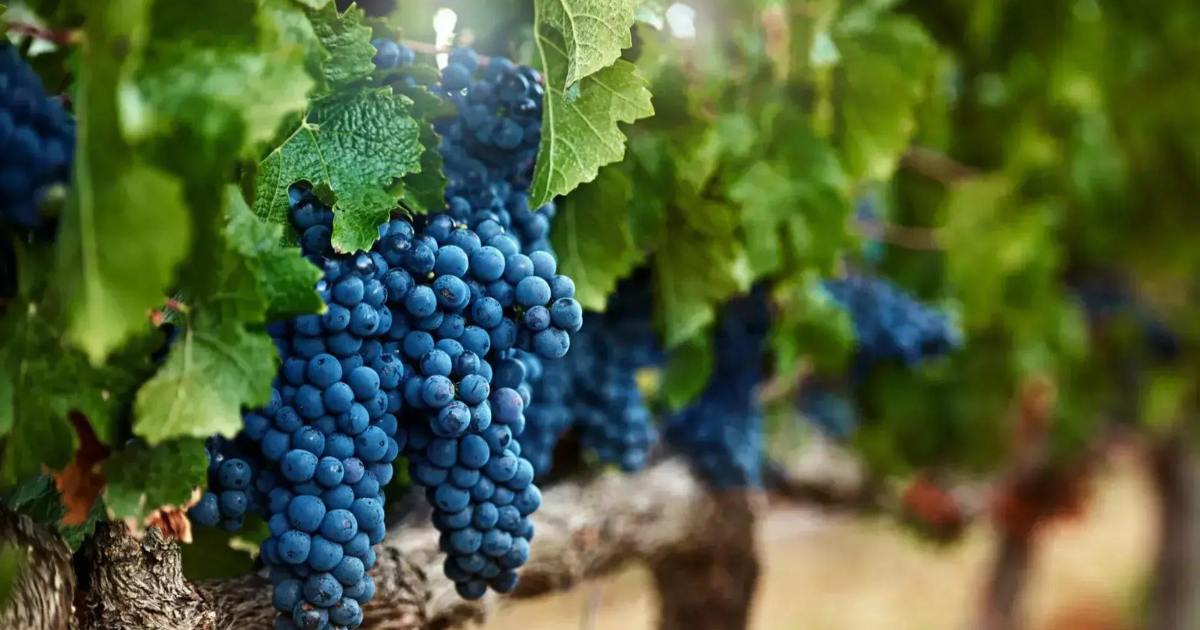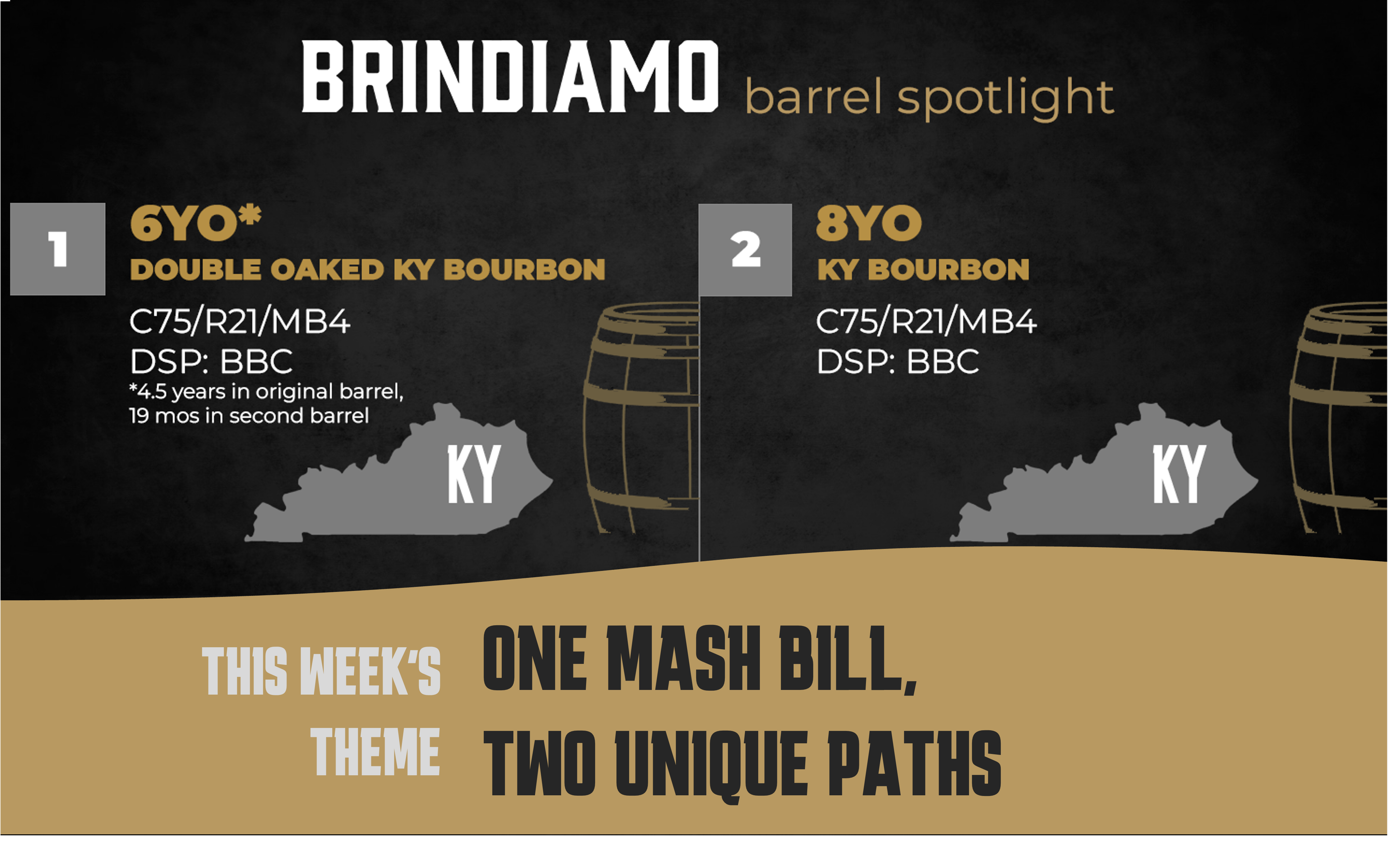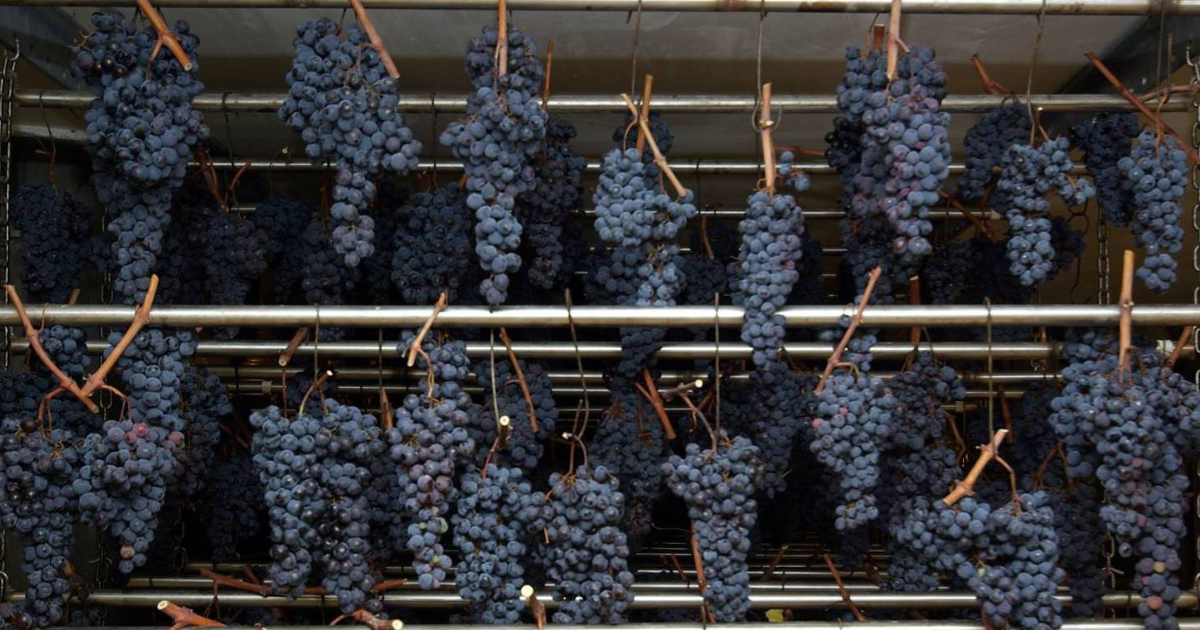The Quiet Squeeze on 8‑Year‑Plus Whiskey
Why mature liquid remains scarce even as younger barrels soften — and what it means for buyers For the last two years, the dominant narrative in bulk...

For centuries, the brewing and appreciation of alcohol have been integral to our culture, enhancing our lives with richness and diversity. Breweries, distilleries, and wineries create a diverse array of beers, spirits, and wines, each distinguished by its own unique flavor profile crafted from meticulously chosen ingredients and yeasts. Over time, this complex process has truly matured into an art form.
However, historically, alcohol and its consumption were not seen as a fine art form. Instead, it was recognized for its nutrient-rich properties, offering the human body more benefits than water alone. How alcohol became intertwined with our culture is still a topic of exploration for archaeologists. Nonetheless, what we do know is that alcohol has existed in various forms for centuries.
Alcohol consumption has a long history, dating back centuries and tracing back to our primal ancestors. The key element in alcohol production is yeast, which plays a crucial role in the fermentation process by consuming sugar and releasing carbon dioxide. While modern distillers and brewers use cultivated yeast, it is naturally found in fruits and has been fermenting for millions of years. The presence of yeast in fruit indicates fermentation, leading to the production of ethanol. Various theories have been proposed to explain why rotting fruit was appealing.
It created a strong scent that was easy to locate.
Digesting rotting fruit was more comfortable on the stomach, and it was always a little hit or miss in those days.
It has antiseptic qualities that get rid of microbes that might cause illness or infection.
Most of the rotting fruit was scattered on the forest floor. The enticing aroma of fermentation created a sense of urgency in gathering the fruit. The faster one reaches the fruit, the better the chances of obtaining the necessary calories for survival. It is worth noting that intoxication from the rotting fruit was highly unlikely.
Currently, archaeologists are examining an ancient temple from 11,600 years ago, dating back to the Neolithic period. While some speculate that humans might have settled down and given up their nomadic ways for the allure of beer, the dominant theory emphasizes the site's religious significance. Within the stone structures of this archaeological site, researchers have discovered large vessels, each holding 40 gallons, which likely contained an early type of beer brewed from wild grasses. The presence of a white residue indicates fermentation, suggesting beer was indeed present in these containers. Notably, one vessel even held a bone, ideally shaped for mixing the brew.
Approximately 3,400 years ago, a catastrophic fire led to the destruction of a town. Today, archaeologists carefully examine the remains of this ancient settlement, revealing intriguing details about its residents' everyday lives. A notable discovery? Each home had a 50-gallon clay vessel embedded at its entrance, functioning as a small brewery. In ancient Egypt, beer was highly regarded, with some royals being buried alongside their personal clay breweries. Over time, beer and wine evolved from simple drinks to essential elements of religious rituals and royal customs. In areas where grapes grew as plentifully as grains like barley and oats, winemaking flourished, gaining a status equal to that of beer. The Romans, famous for producing and exporting large quantities of wine, turned it into a symbol of social prestige. As wine traveled over long distances, its worth increased, making it a luxury accessible only to the wealthy elite.
The Greeks continued to value the health benefits of fermented beverages, integrating wine into their spiritual and intellectual activities. It was customary for Greeks to offer a bowl of wine to their guests, with the first serving for health, the second for pleasure, and the third for relaxation.
It's intriguing to consider why alcohol is widely accepted across different nations and cultures. While some theories propose that it was initially used to connect with the spiritual realm, recent research has refuted these ideas. In truth, alcohol was appreciated for its health advantages. Since sugar can attract harmful microbes, yeast played an essential role in protecting against them. As yeast is a fundamental component in producing most alcoholic beverages, it provided a safer, more sanitary option than water at that time.
Exploring alcohol's benefits further reveals that the fermented sugars in ancient beers were rich in nutrients such as B vitamins, folic acid, and thiamine. This nutrient richness in historical beers far exceeded what is available in modern-day beverages. It's almost as if our ancestors were drinking a liquid form of sustenance, offering crucial calories, hydration, and essential vitamins for survival.
Knowing the impact alcohol has on our culture is significant when you are a consulting agency. The nuances associated with the making and selling of wine differ from country to country and region to region. Our global knowledge from working around the world has positioned us as industry leaders who can help you make the most of your adult beverage company, whether you aim to produce, sell, or merge. Visit our website for a complete list.
Article Source
Curry, A. February 2017 “Our 9,000-Year Love Affair With Booze.” Retrieved from www.NationalGeographic.com

Why mature liquid remains scarce even as younger barrels soften — and what it means for buyers For the last two years, the dominant narrative in bulk...

As we reflect on 2025, we wanted to take a moment to look back with you. This past year, our team published across more mastheads than ever before —...

Welcome back to the Brindiamo Barrel Spotlight, our weekly email series highlighting the barrels, distilleries, and market dynamics shaping today’s...

The distillery industry is thriving, offering numerous opportunities for profitable investments. Each year sees several successful acquisitions, with...
.png)
Some brands follow the rules. Others rewrite them. Old Carter Whiskey is a standout example of the latter—producing small-batch releases that have...

Foley Family Wines Becomes Exclusive Importer of Piccini Wines On January 14, 2015, in HEALDSBURG, California, Bill Foley and Mario Piccini...
Join the conversation
Leave a comment below.